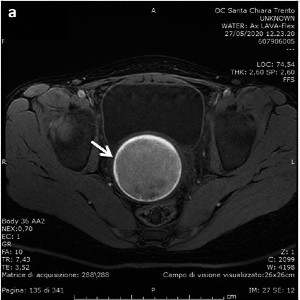Life Experiences and Coping Strategies in Adults with Congenital Heart Disease
Submitted: 17 November 2014
Accepted: 17 November 2014
Published: 31 October 2013
Accepted: 17 November 2014
Abstract Views: 1195
PDF: 1236
Publisher's note
All claims expressed in this article are solely those of the authors and do not necessarily represent those of their affiliated organizations, or those of the publisher, the editors and the reviewers. Any product that may be evaluated in this article or claim that may be made by its manufacturer is not guaranteed or endorsed by the publisher.
All claims expressed in this article are solely those of the authors and do not necessarily represent those of their affiliated organizations, or those of the publisher, the editors and the reviewers. Any product that may be evaluated in this article or claim that may be made by its manufacturer is not guaranteed or endorsed by the publisher.
Callus, E., Quadri, E., Compare, A., Tovo, A., Giamberti, A., & Chessa, M. (2013). Life Experiences and Coping Strategies in Adults with Congenital Heart Disease. La Pediatria Medica E Chirurgica, 35(5). https://doi.org/10.4081/pmc.2013.34
PAGEPress has chosen to apply the Creative Commons Attribution NonCommercial 4.0 International License (CC BY-NC 4.0) to all manuscripts to be published.


 https://doi.org/10.4081/pmc.2013.34
https://doi.org/10.4081/pmc.2013.34






